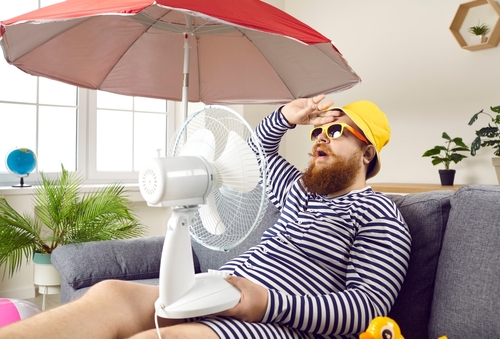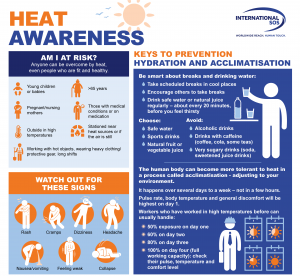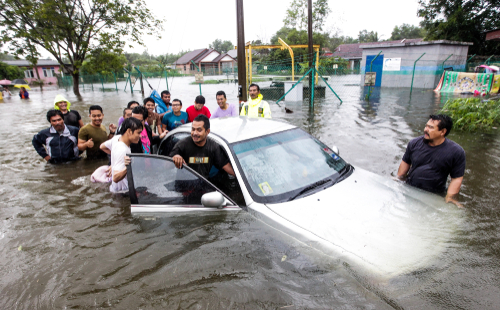WORDS LIM TECK CHOON
 FEATURED EXPERT FEATURED EXPERTDR CHAN YANJUN Medical Director, Singapore & Malaysia Assistance Centres International SOS |
As we enter the fasting month today, Dr Chan Yanjun has some valuable tips to share with those that will be embarking on their fast.
“During the holy month of Ramadan, while many find it a time for spiritual reflection and growth, it is important to acknowledge that the changes in routine and physical demands of fasting can impact on employees’ mental and physical wellbeing,” she says.
Tip 1
FOSTER AN OPEN ENVIRONMENT
Encourage open communication by having a clear and inclusive policy on religious observance in the workplace. This demonstrates respect for employees’ personal beliefs and allows them to comfortable discuss their needs during Ramadan.
Tip 2
ENSURE THAT YOUR EMPLOYEES ARE PRIORITIZING THEIR HEALTH & WELLBEING
Remind employees to stagger their hydration during non-fasting hours and to consume nutrient-rich meals during Sahur and Iftar.
Rehydration should be a cumulative process. The best way to rehydrate fasting bodies and maintain this hydration for longer is to pace one’s liquid intake by consuming at least two litres of water—one or two glasses at a time— between Iftar and Imsak.
Quality sleep is also vital for maintaining energy levels, mental clarity, and focus, all crucial for workplace performance.
Tip 3
PROMOTE FLEXIBLE WORKING ARRANGEMENTS
Consider offering flexible working arrangements, such as adjusted start and finish times to accommodate individual needs.
Additionally, be understanding if employees require more breaks or need to adjust their break timings for prayers.
Tip 4
OFFER EMPLOYEES THE RESOURCES & INFORMATION ABOUT HEALTHY PRACTICES DURING RAMADAN
These resources can include recommended dietary guidelines or tips for maintaining energy levels while fasting. The provision of these resources will empower employees to make informed choices during this important time.
Tip 5
PROVIDE MENTAL HEALTH SUPPORT
Encourage employees to utilise mental health resources offered by the organization, such as Employee Assistance Programmes (EAPs), or provide information about external resources for stress management and emotional support.



 FEATURED EXPERT
FEATURED EXPERT
